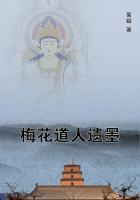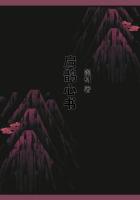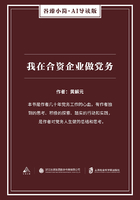[150] Juventus Mundi. The Gods and Men of the Heroic Age. By the Rt. Hon. William Ewart Gladstone. Boston: Little, Brown, & Co. 1869.
TWELVE years ago, when, in concluding his "Studies on Homer and the Homeric Age," Mr. Gladstone applied to himself the warning addressed by Agamemnon to the priest of Apollo,"Let not Nemesis catch me by the swift ships."he would seem to have intended it as a last farewell to classical studies. Yet, whatever his intentions may have been, they have yielded to the sweet desire of revisiting familiar ground,--a desire as strong in the breast of the classical scholar as was the yearning which led Odysseus to reject the proffered gift of immortality, so that he might but once more behold the wreathed smoke curling about the roofs of his native Ithaka. In this new treatise, on the "Youth of the World," Mr. Gladstone discusses the same questions which were treated in his earlier work; and the main conclusions reached in the "Studies on Homer" are here so little modified with reference to the recent progress of archaeological inquiries, that the book can hardly be said to have had any other reason for appearing, save the desire of loitering by the ships of the Argives, and of returning thither as often as possible.
The title selected by Mr. Gladstone for his new work is either a very appropriate one or a strange misnomer, according to the point of view from which it is regarded. Such being the case, we might readily acquiesce in its use, and pass it by without comment, trusting that the author understood himself when he adopted it, were it not that by incidental references, and especially by his allusions to the legendary literature of the Jews, Mr. Gladstone shows that he means more by the title than it can fairly be made to express. An author who seeks to determine prehistoric events by references to Kadmos, and Danaos, and Abraham, is at once liable to the suspicion of holding very inadequate views as to the character of the epoch which may properly be termed the "youth of the world." Often in reading Mr. Gladstone we are reminded of Renan's strange suggestion that an exploration of the Hindu Kush territory, whence probably came the primitive Aryans, might throw some new light on the origin of language. Nothing could well be more futile. The primitive Aryan language has already been partly reconstructed for us; its grammatical forms and syntactic devices are becoming familiar to scholars; one great philologist has even composed a tale in it; yet in studying this long-buried dialect we are not much nearer the first beginnings of human speech than in studying the Greek of Homer, the Sanskrit of the Vedas, or the Umbrian of the Igovine Inscriptions. The Aryan mother-tongue had passed into the last of the three stages of linguistic growth long before the break-up of the tribal communities in Aryana-vaedjo, and at that early date presented a less primitive structure than is to be seen in the Chinese or the Mongolian of our own times. So the state of society depicted in the Homeric poems, and well illustrated by Mr. Gladstone, is many degrees less primitive than that which is revealed to us by the archaeological researches either of Pictet and Windischmann, or of Tylor, Lubbock, and M'Lennan. We shall gather evidences of this as we proceed. Meanwhile let us remember that at least eleven thousand years before the Homeric age men lived in communities, and manufactured pottery on the banks of the Nile; and let us not leave wholly out of sight that more distant period, perhaps a million years ago, when sparse tribes of savage men, contemporaneous with the mammoths of Siberia and the cave-tigers of Britain, struggled against the intense cold of the glacial winters.
Nevertheless, though the Homeric age appears to be a late one when considered with reference to the whole career of the human race, there is a point of view from which it may be justly regarded as the "youth of the world." However long man may have existed upon the earth, he becomes thoroughly and distinctly human in the eyes of the historian only at the epoch at which he began to create for himself a literature. As far back as we can trace the progress of the human race continuously by means of the written word, so far do we feel a true historical interest in its fortunes, and pursue our studies with a sympathy which the mere lapse of time is powerless to impair. But the primeval man, whose history never has been and never will be written, whose career on the earth, dateless and chartless, can be dimly revealed to us only by palaeontology, excites in us a very different feeling. Though with the keenest interest we ransack every nook and corner of the earth's surface for information about him, we are all the while aware that what we are studying is human zoology and not history. Our Neanderthal man is a specimen, not a character.
We cannot ask him the Homeric question, what is his name, who were his parents, and how did he get where we found him. His language has died with him, and he can render no account of himself. We can only regard him specifically as Homo Anthropos, a creature of bigger brain than his congener Homo Pithekos, and of vastly greater promise. But this, we say, is physical science, and not history.
For the historian, therefore, who studies man in his various social relations, the youth of the world is the period at which literature begins. We regard the history of the western world as beginning about the tenth century before the Christian era, because at that date we find literature, in Greece and Palestine, beginning to throw direct light upon the social and intellectual condition of a portion of mankind.

